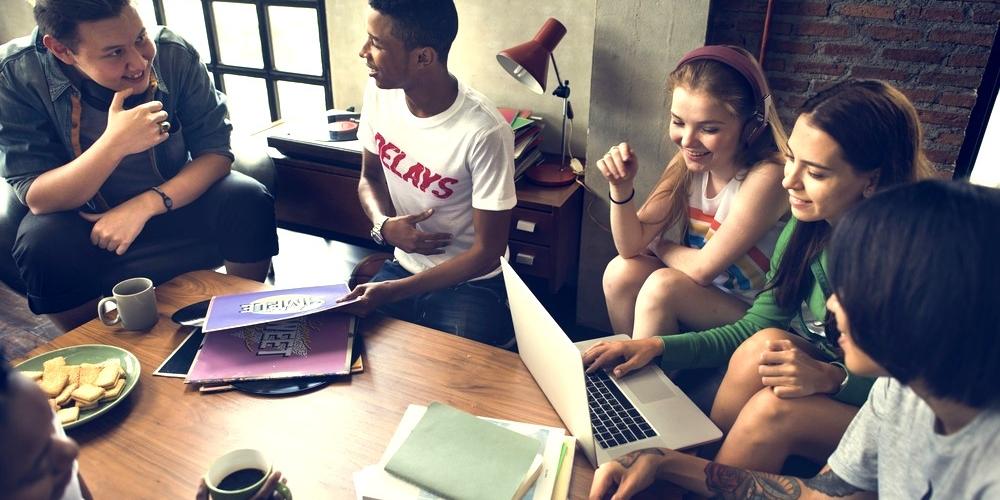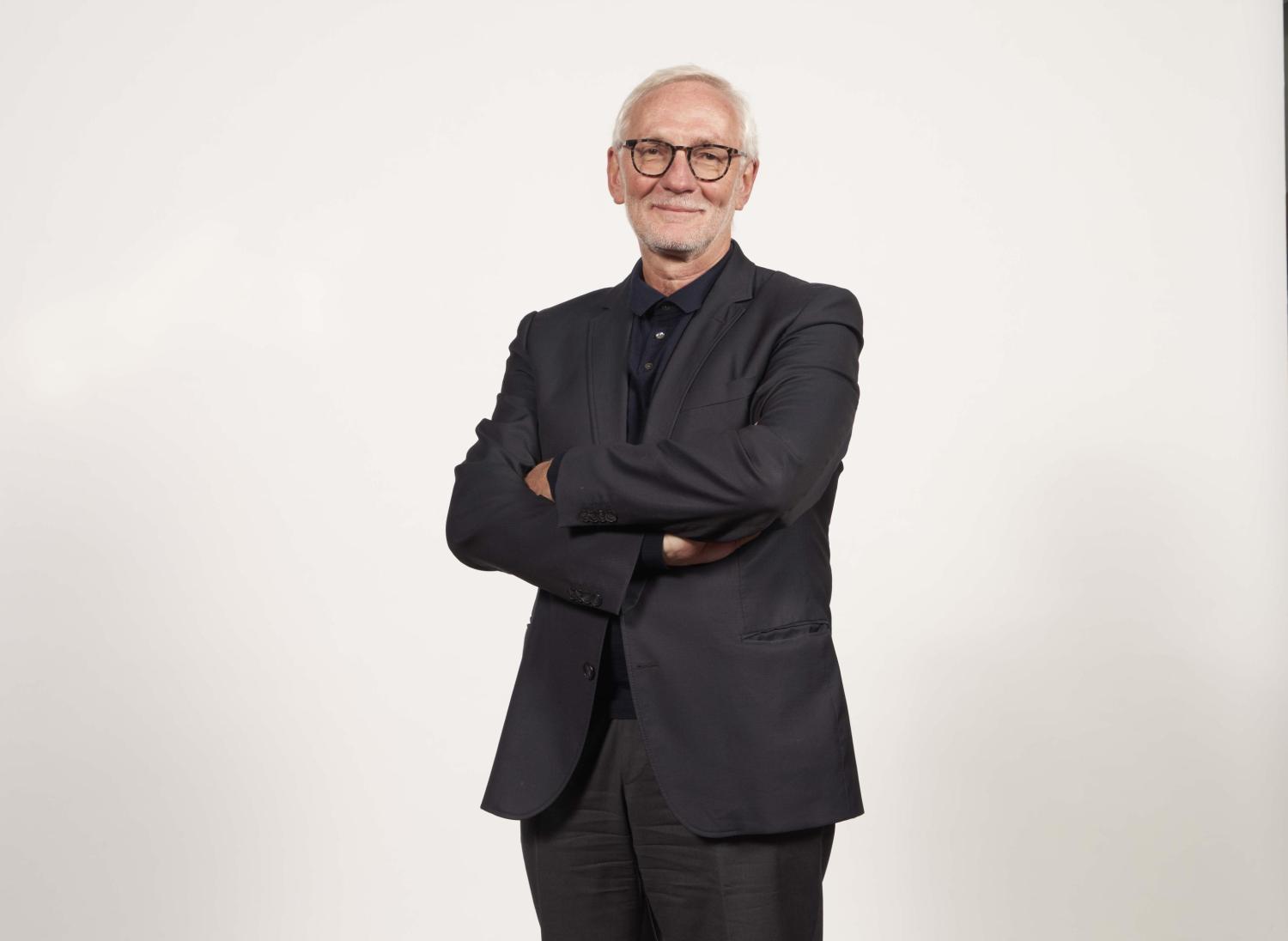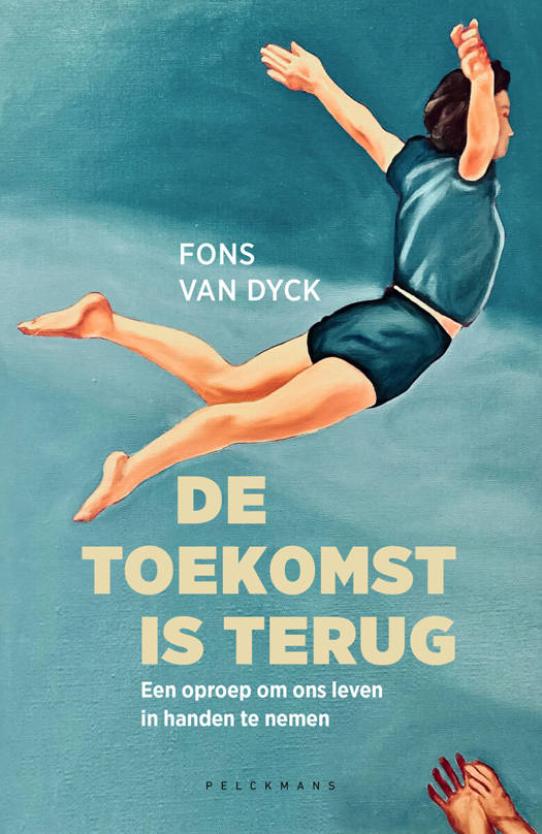
On Wednesday, VUB guest professor in marketing and communication Fons Van Dyck will give a talk about his new book, The Future is Back. His starting point is the increasing polarisation that is seeing governments and experts losing credibility among the public. What should we think about this and, above all, how do we reverse it? In his book, he looks for the answer by exploring four forces: exploration, connection, conquest and defence. Which of these forces prevails, he says, will determine how the future turns out, and how we retake control of our lives.
Are we not retaking control of our lives now?
Fons Van Dyck: “Many people and organisations are questioning what the future will bring. It seems uncertain and unclear. In my book, I aim to offer insight into the forces that drive society and how they will evolve. I distinguish four forces, the four Vs. Verkennen, or exploration; everything related to discovery through knowledge, science, technology and pushing boundaries. Verbinden, connection; the idea that when people work together, they progress together and feel connected with future generations and the planet. Veroveren, or conquest, is about performing, excelling and power. The fourth force driving people is verdedigen: defence when we feel unsafe or under attack. These are universal forces within each of us. However, depending on our personality, the culture of the organisation or the zeitgeist, one force will be more dominant.”
"It will probably get worse before it gets better."

Fons Van Dyck
The book’s thesis is that we are in an era of perpetual crisis, isn’t it?
“Based on research I conducted last year among Flemish people, it turned out that there is a lot of fear. Nearly seven in 10 respondents indicated that they are worried about their personal situation. One in three thinks it is irresponsible to bring children into the world, one in two thinks we are sliding back to the 1930s. The forces of exploration and connection will come under pressure soon. In this ‘mental winter’, the forces of conquest and defence will become dominant in society.”
Do you also offer solutions or offer a positive message?
“Yes, but we have to be realistic. It will probably get worse before it gets better. I close the book with a manifesto of hope. Because even though we are heading into a mental winter, we must get through it together and work towards an early thaw.”

The starting point for this conversation is young people, especially final year secondary students. The book will be presented to pupils in the GO! education network at graduation. What kind of world are these pupils entering?
“In a world with a lot of uncertainty, some evolutions are very recognisable and predictable if you understand the four basic forces. Moreover, young people have more control over their future than older generations. They have little to lose and much to gain from the future. They need to realise that the zeitgeist will be difficult, but above all they need to nurture hope and optimism. I am positive about that, because the great strength of young people at that age is their resilience and resilience.”
“Young people can see the bigger picture, which is important if you are to put yourself in another person’s shoes.”
What can they blame previous generations for?
“Nothing. Each generation has its own best interests at heart and hindsight makes it easy to write history. I don’t believe in the notion of distinct generations; that’s largely a myth perpetuated by the media and marketing. Each age group has its own expectations about the future, about their education, career and whether to start a family. That’s timeless. If you look at it from an age perspective, you see little difference between age groups in terms of values and perceptions. Within those groups, the contrasts are greater. There are big differences between girls and boys in terms of their values and norms. Girls tend to be progressive, while boys tend to be conservative
Do you hope that young people will adopt the perspective you offer in the book?
“I can see that this is their world. Young people can see the bigger picture, which is important if you are to put yourself in another person’s shoes. They understand that not everyone has the same opinion, that it’s normal to have different values. As long as we can look each other in the eye and dialogue with each other then it will all work out.”
VUB-event (In Dutch)
Fons Van Dyck on The Future is Back
Wednesday13 March, 18.00-19.30
deBuren, Leopoldstraat 6, 1000 Brussels